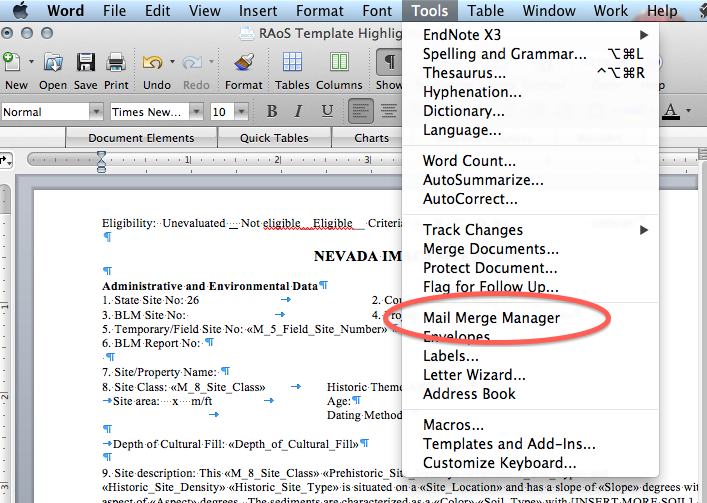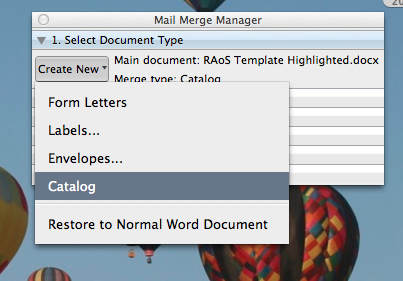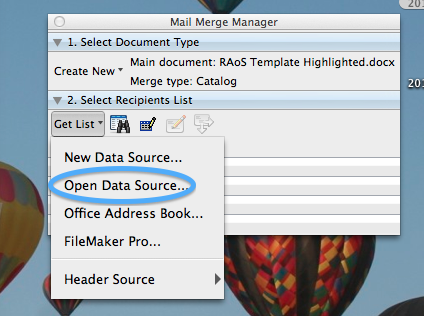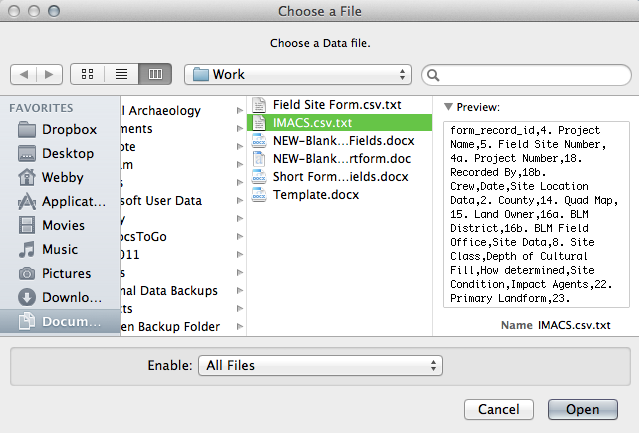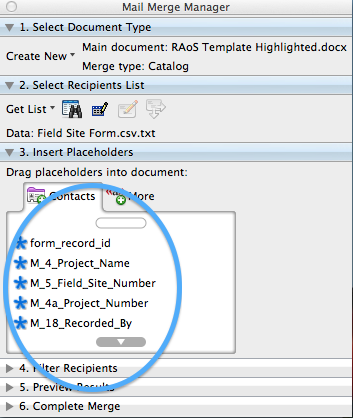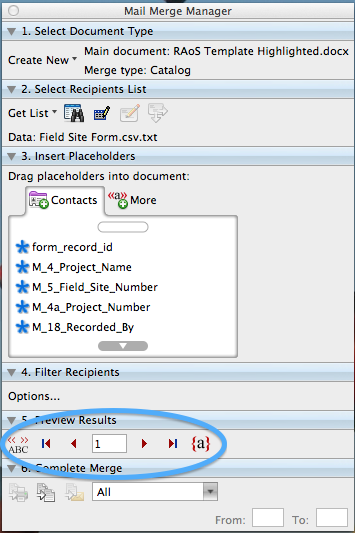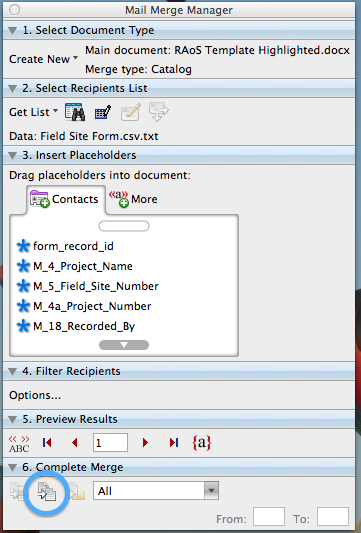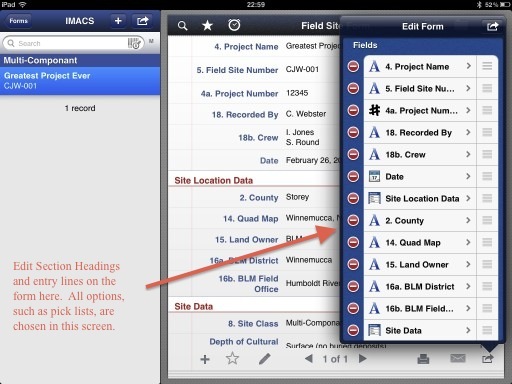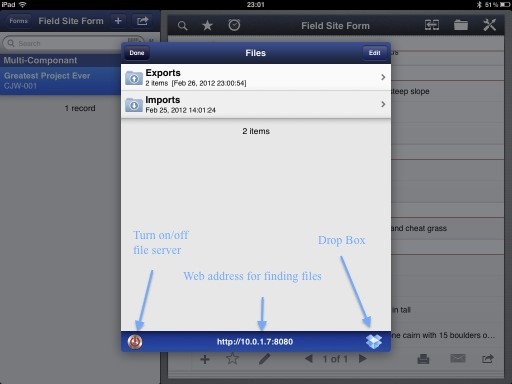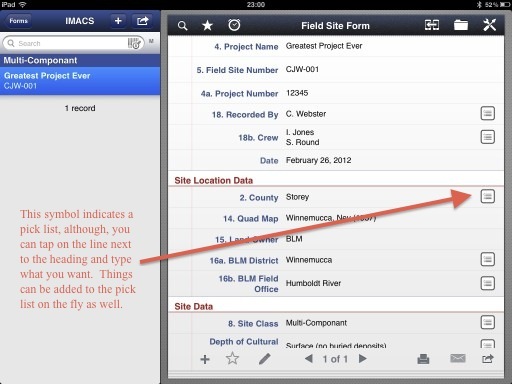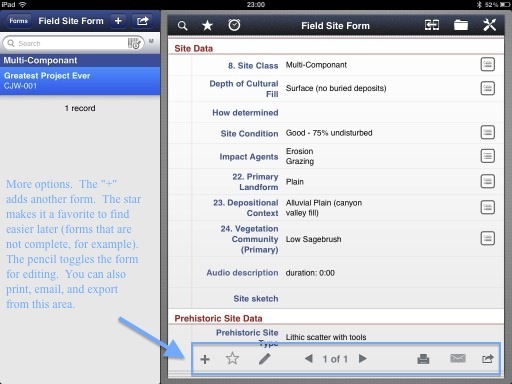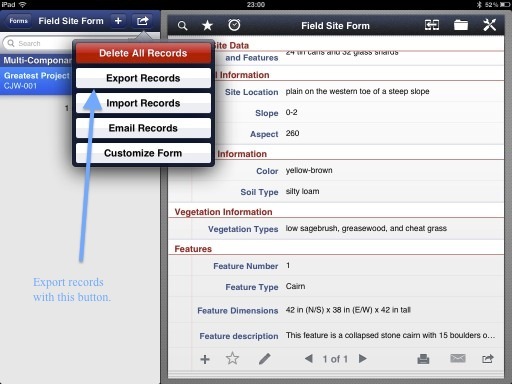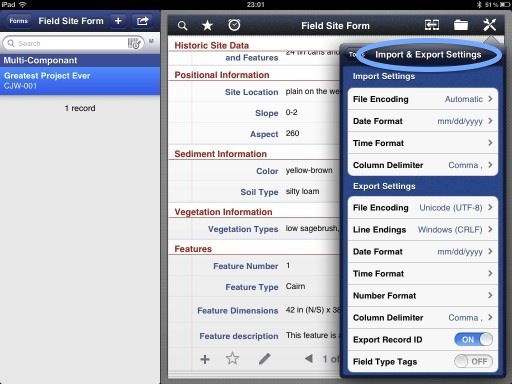 Amethyst Glass Bottle Base, UtahLet me spare you the suspense: you need a BA or a BS and a field school to work in CRM archaeology. That’s it. The rest is details. Well, there are a lot of details and variations to obtaining those two requirements. Let’s talk about them. First, though, I’m going to go on a tangent (in case you don’t know, it’s a math term. I like math, as you’ll see later).
Amethyst Glass Bottle Base, UtahLet me spare you the suspense: you need a BA or a BS and a field school to work in CRM archaeology. That’s it. The rest is details. Well, there are a lot of details and variations to obtaining those two requirements. Let’s talk about them. First, though, I’m going to go on a tangent (in case you don’t know, it’s a math term. I like math, as you’ll see later).
Some would say that taking an anthropology class is an “easy A”. It’s a quick way to get your general education requirements out of the way so you can move on to “more interesting” things. Well, that’s mostly true. Why is it true? Because deep down, everyone wants to be an archaeologist. It’s true, not because the classes are easy, but because they are interesting and engaging.
A few people will attend their first archaeology or anthropology class with the intention of becoming the next Dr. Jones, complete with a tweed jacket and an office filled with artifacts (until they realize that he’s a grave robber and a criminal). A number of us, though, approached archaeology in other ways. Some leisurely take classes without a clear objective in mind and then, all of the sudden, they graduate and have know idea what to do next. Others, like myself, took arch/anthro classes to fill in the general education requirements while pursuing another degree, but with a difference. I continued to take anthro classes throughout my time in college. After four years and changing majors twice I found that there was one remaining constant in my life: anthro classes. Through all of my aviation classes (I started as a commercial aviation major), then my photography classes (because it’s fun!), and my math classes (brief flirtation with higher level math. Stop laughing! Math is fun!), I had always taken one more anthro class. I had at least one anthro-related class for every semester I was in college.
So, over the summer before my last year, I decided to pursue an anthropology degree and formally declare my major. I don’t know whether the Dept. Head was thrilled or worried (I always asked a lot of questions and held up class, I’m sure). She was the best instructor I had though and I’m sure she thought I was the best student ever! Anyway, I had taken so many anthro classes already that two semesters at 15 credits each of higher level classes would complete my degree.
After a very tough year of papers and research I received my shinny new Bachelor of Arts Degree in Anthropology. To celebrate, I went straight to work as a day laborer for my brother’s father-in-law’s home remodeling company. My degree really came in handy while I was making trash runs to the dump. I was able to understand the stratigraphy in the piles of garbage and I was able to understand the culture of the various people working in that fine establishment.
Wait. This post is about education requirements for CRM. I got off track. Long story short: I found out about Shovelbums in October of the following Autumn, started my first job in early November, and never looked back.
I’m not going to go into archaeology/anthropology programs at various universities. Presumably, most of the people that would read this blog are either in school right now or are already out of school. For those that are still in school, I will talk about field schools.
I had no interest in the field school offered by the University of North Dakota. Looking back on it, I should have done it. I didn’t know how much it would have helped me with those first few jobs. The first thing you have to decide when deciding which field school to attend is, what do you want to do with your career? Do you want to be an academic or is CRM the right path for you? Those aren’t the only options but they are the two big ones. I know a lot of people that went to field schools in exotic places like South America and Utah (don’t laugh. South America is exotic.). I’m no exception. I went on an Earthwatch Expedition to Tanzania and participated in the excavation of two trenches in Olduvai Gorge looking for early man. It was fascinating but didn’t teach me much about CRM in the U.S.
There is value in attending a field school abroad, of course. It opens up your mind to other cultures and lifeways and puts you in an unfamiliar environment. It’s a great experience to have. However, if you’ve decided on CRM, a more practical field school might be in order. There are plenty of field schools that will teach you all about shovel testing, excavation, Munsell Color Books, taking notes, taking GOOD notes, field photography, and drawing. Some will even get you experience on a Total Station or with a sub-meter GPS. Those are invaluable skills to have in CRM and will get you a bit more security. The founder of Shovelbums.org, R. Joe Brandon, puts out a field school guide on the Shovelbums website every year in the early Spring. It gives you plenty of time to find a school and make plans to attend.
Contrary to what I thought in college (since I didn’t think to ask), you don’t have to be enrolled at the college that is offering the field school, in most cases. Just find a field school that you want to attend, apply, and see what happens. I’d bet they prefer to admit students from the home university but I don’t have any hard data on that.
So, if you want a career in CRM, or at least want to give it a try, get that BA in anthropology, archaeology, history, or something else that’s related. Then, go to a field school, preferably one that will teach you helpful skills that you can use later (or, just go have fun and learn on the job if you are smart enough to do so). Finally, check out my earlier posts on applying for jobs (click on the Shovelbums Guide tag at the bottom of this post), and start digging (or walking, or sitting in a truck, or drinking beer by the pool)!
Hey, before you decide on a glamorous career in CRM, check out the blog, Doug’s Archaeology, for some great stats on what your pay will be like. Keep in mind that pay differs dramatically across the country. I started at $10 an hour in western Minnesota. I’ve made as much as $20 an hour out west. So, keep that in mind.
See you in the field…
I'm an idiot and I forgot to mention Archaeology Fieldwork as a resource for checking out Field Schools. Jennifer Palmer also has some great advice regarding field schools. Check out the comments below!
A few people have commented over at LinkedIn regarding some additional things you can do in college to make yourself more attractive to employers.
People have suggested taking some real science classes and some lab classes. Having hard science skills and lab skills will put you one step ahead of all those that just took the "soft" science classes. More and more, archaeology is becoming a "hard" science. We do a lot of analytical techniques, some of them in house, and it helps to have an understanding of how to set up a research design, ask your questions, run your tests, and analyze your results. A familiarity with science and technical writing is a big plus. I've been editing reports partially writen by several different people and the writing quality is abysmal. They are making simple mistakes that even spell check and grammer check would catch.
One thing I always tell people is to remember that you're a scientist! I don't care you you paid a total of $4.39 for your clothes, your packpack doesn't zip up anymore, and you slept in your car last night. YOU ARE A SCIENTIST. Think like one, act like one, and work like one. You'll have more respect for yourself, your co-workers, and your profession if you do.

